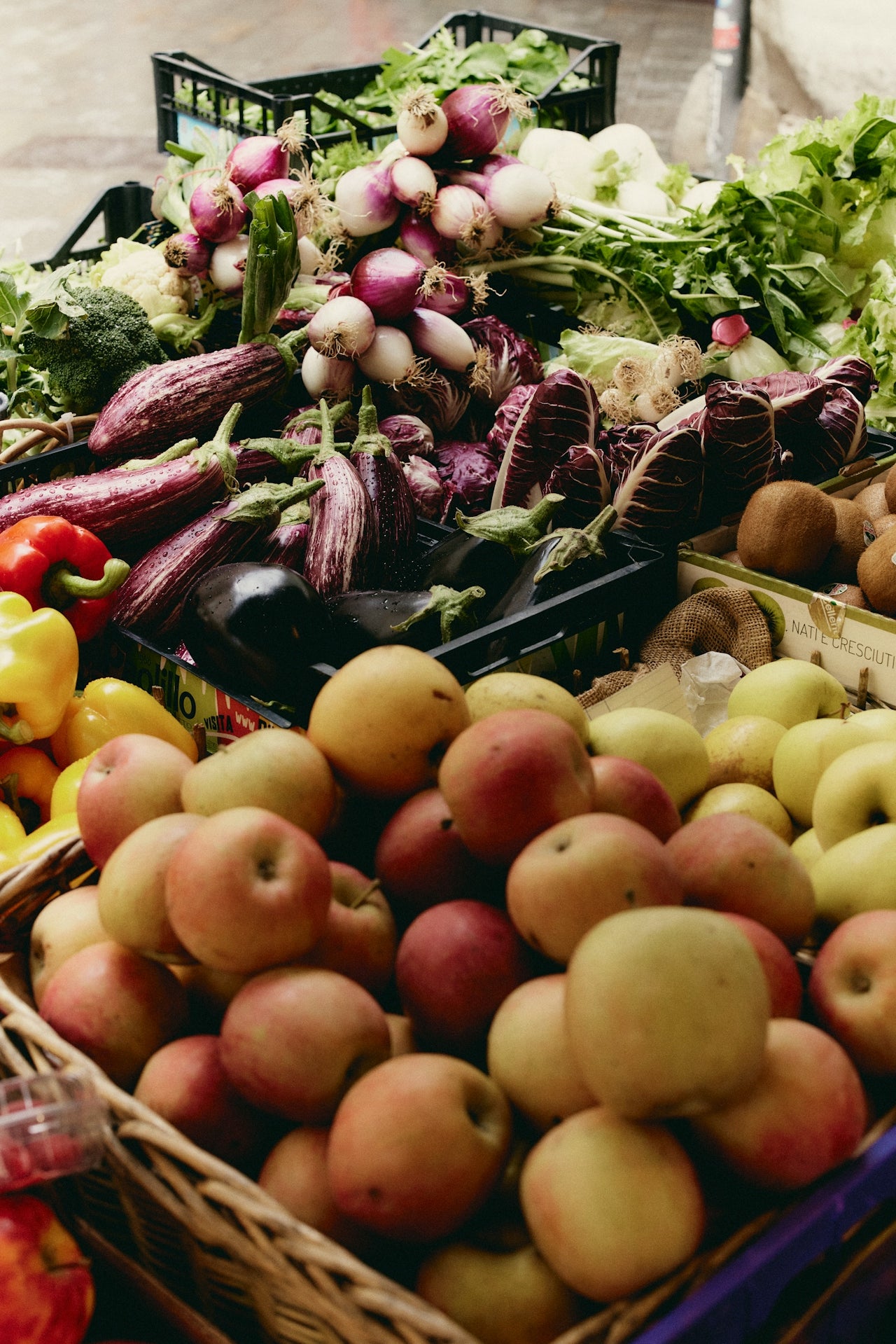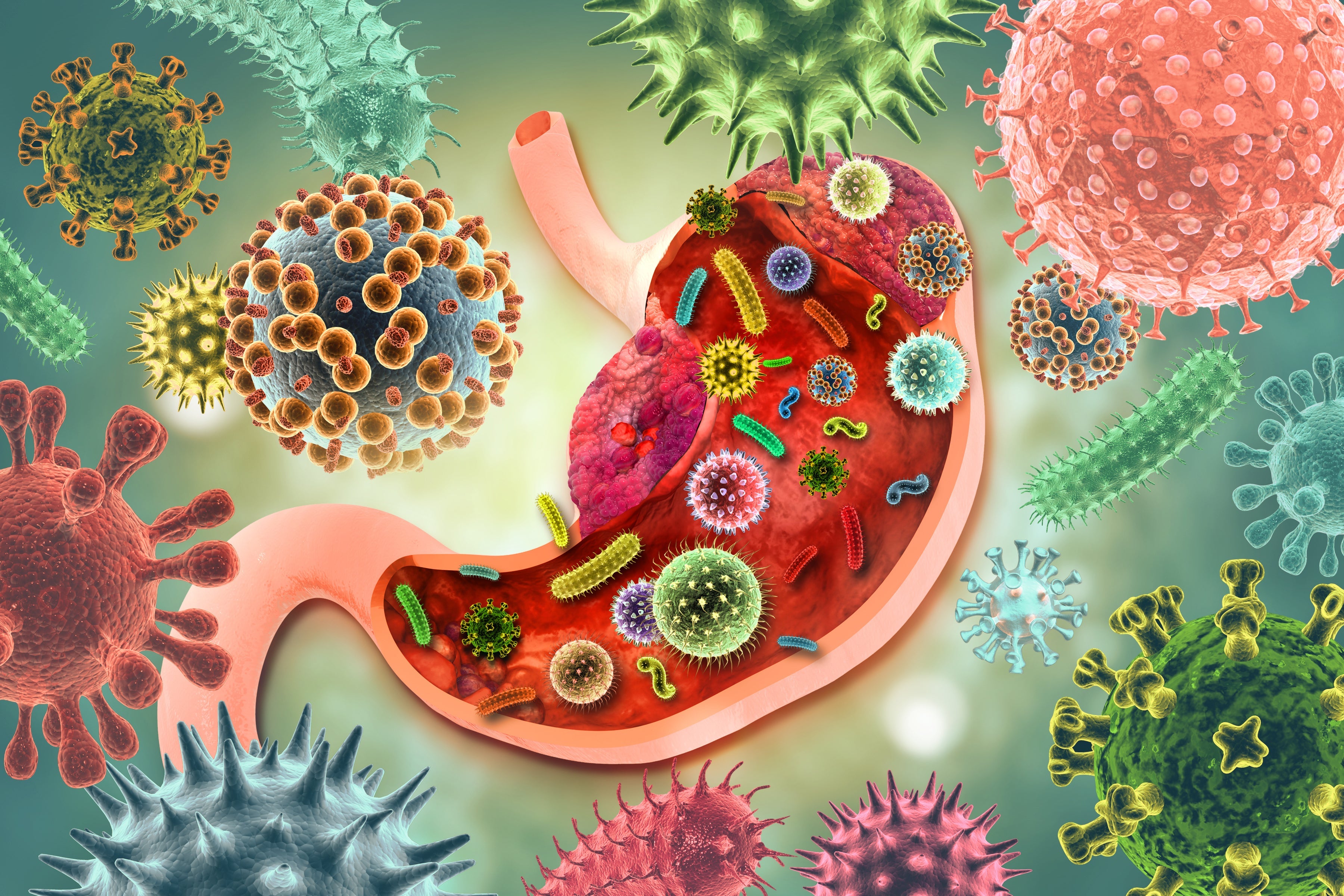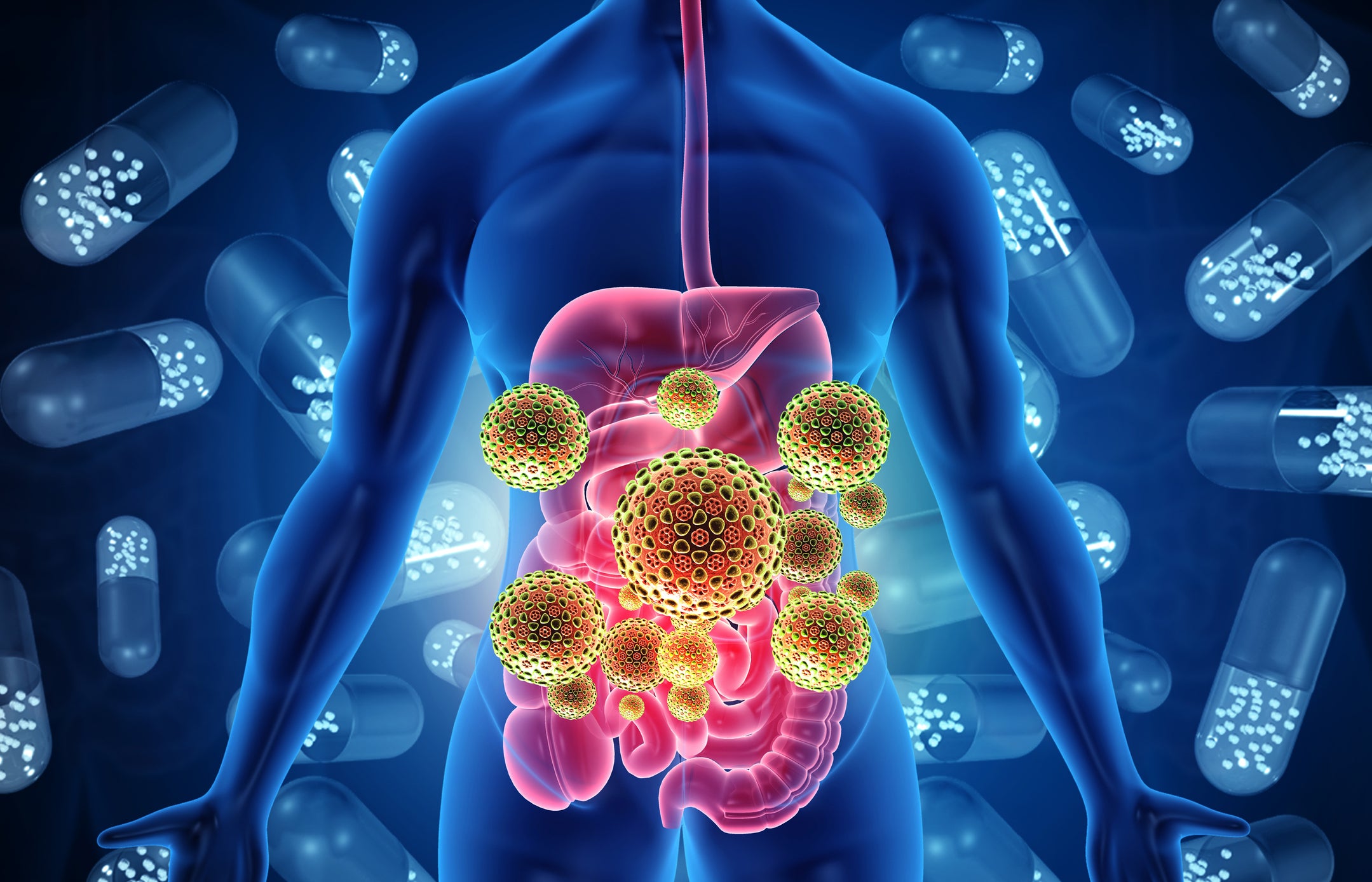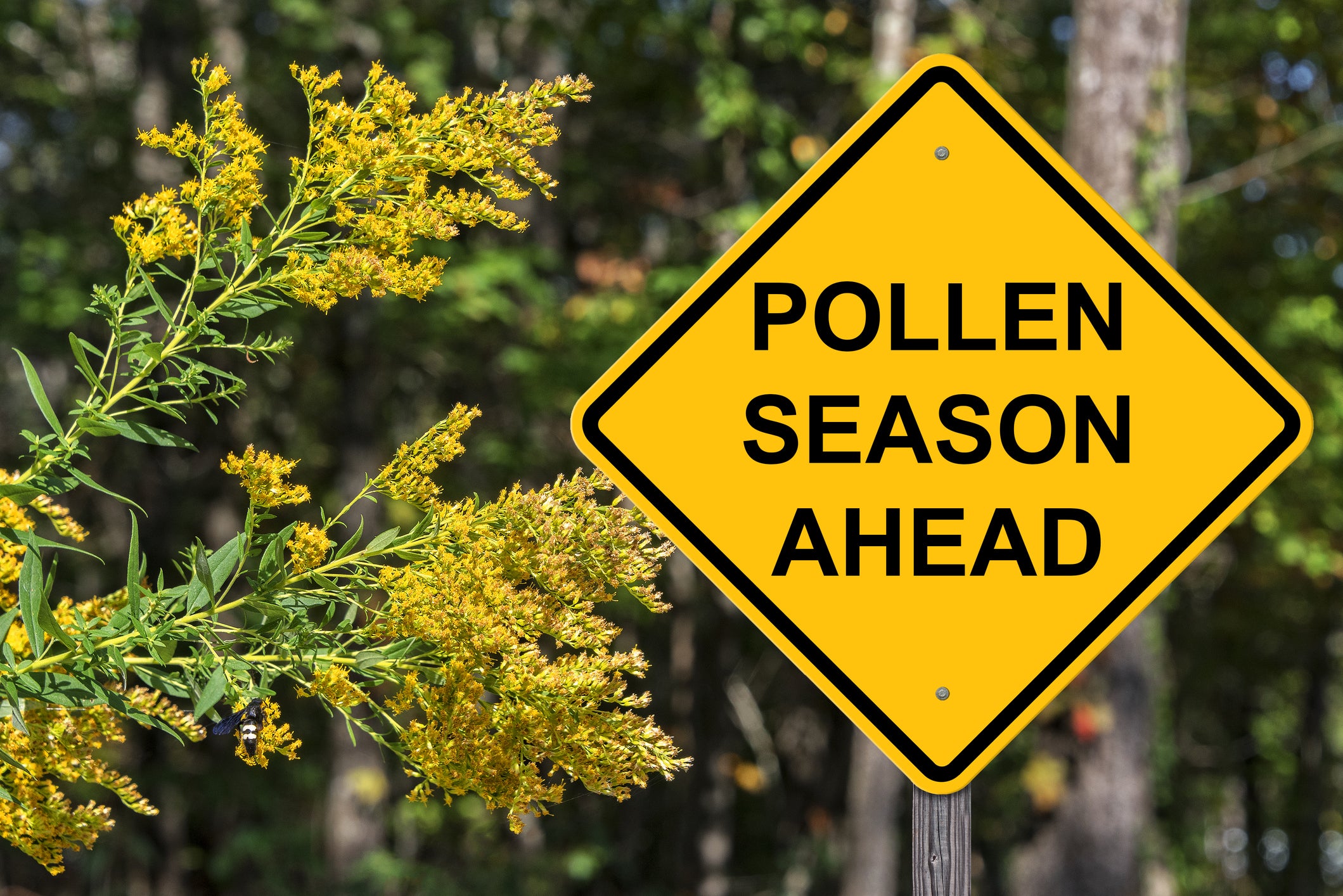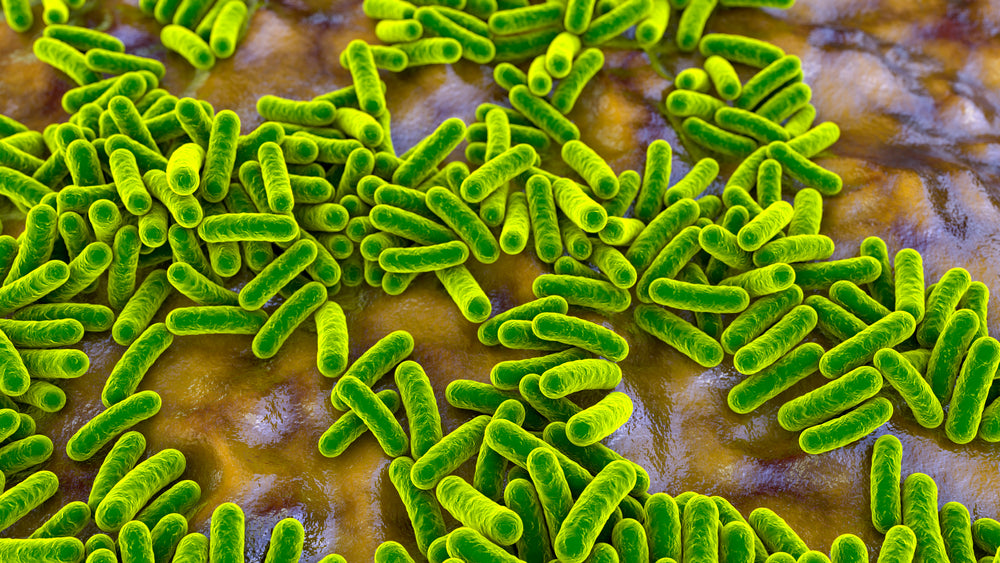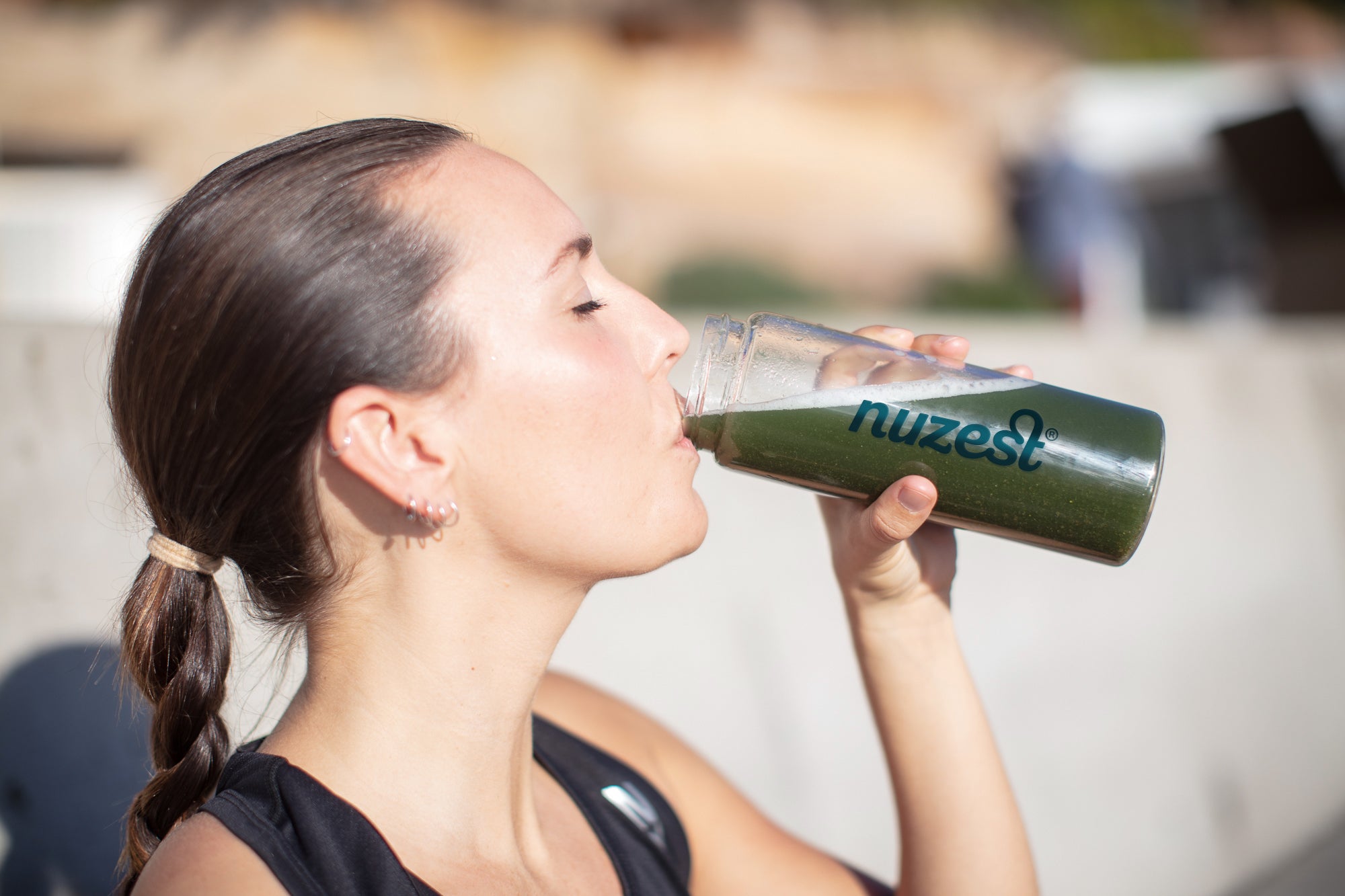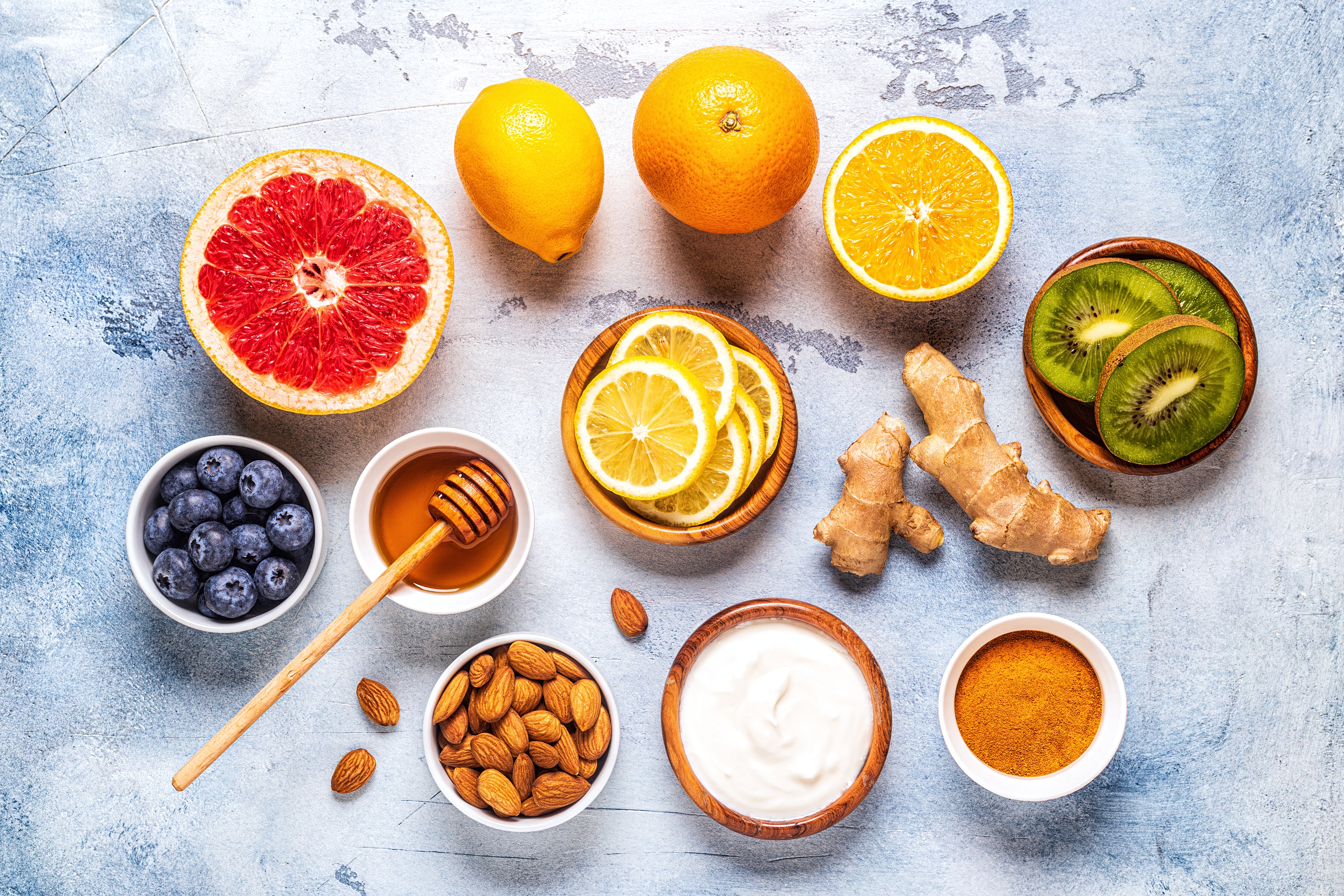AUTHOR: Cliff Harvey, PhD (Clinical Nutritionist & Researcher)
Pea protein isolate is an increasingly common protein supplement due to its purported ease of digestion and high quality.
But how digestible is pea protein really?
Clinical Nutritionist & Researcher Cliff Harvey breaks down the science to explain.
Table of Contents
- Protein digestion and why it’s important
- What can affect digestibility in real life?
- Anti-nutrients
- Allergens and irritants
- How digestible is pea protein isolate?
- Functional outcomes
- Conclusion
Protein digestion and why it’s important
Digestion refers to the process of breaking down substances (from food) to forms that can be absorbed into the body for use. It is now commonly accepted that differences in protein sources are relatively minor and that the most important consideration is to consume (and absorb!) enough protein for optimal health and performance.
What can affect digestibility in real life?
Anti-nutrients
Phytic acid
Phytic acid stores phosphorus in grains and legumes. Because humans lack the phytase enzyme to break this compound down, we cannot absorb the phosphorus from phytic acid1. While phytic acid might aid some health conditions2, it is also an anti-nutrient because it binds to proteins and essential minerals, inhibiting them from being absorbed. Phytic acid can be reduced or eliminated by cooking, sprouting, and soaking3. As outlined below in Table 1, pea protein isolate is practically free-from phytic acid.
Saponins
Saponins are chemicals found in a wide variety of plants such as soybeans, chickpeas, peanuts and spinach4. Some saponins can also promote benefits to health5-8, but they can act as anti-nutrients – affecting the digestion of protein and reducing the uptake of minerals from the gut7. Saponins are also effectively removed by cooking, processing5 and the isolation process of pea protein isolate.
Lectins
Lectins are a type of protein found in both animals and plants, as well as in many foods. They can have a range of health effects, both positive and negative9-10, and the actions of some plant lectins can be toxic and act as anti-nutrients, reducing the ability of the body to properly absorb protein, carbohydrates, and essential minerals. Plant lectins have been linked to anaemia, digestive issues, and protein and carbohydrate malabsorption and allergies11-14. Lectins are also reduced or removed by cooking, sprouting, or isolation processes12-13.
Table 1. Anti-nutrients in Pea Protein Isolate

Allergens and irritants
Common allergens include wheat, soy, and dairy. Most commercial protein supplements are made from dairy proteins that may cause digestive issues for some people. The incidence of dairy allergies appears to be rising15, and while most people can tolerate dairy (and it can even be beneficial for health), it is an inflammatory food for those with underlying allergies to dairy proteins16, thus reducing dairy intake has been associated with improved outcomes for people with inflammatory conditions like asthma and inflammatory bowel diseases17-19.
How digestible is pea protein isolate?
The digestion rate of pea protein isolate has been studied in comparison to a range of other protein. In one study, the in vitro digestion of pea protein isolate was shown to be around 90%, which is a similar digestion rate to whey protein (~89.8%)20. In other studies, pea protein has also been shown to have absorption rates of over 89%21.
The pea protein isolate used in Clean Lean Protein by Nuzest, however, has been tested in comparative in vivo laboratory studies, and has been shown to have a 98% digestibility rating.

Functional outcomes
The most important factor in choosing a protein is whether you can tolerate it AND whether it gets the job done. As discussed earlier, pea protein is both well digested, absorbed, and well-tolerated. It also performs equally well for muscle health. In an evaluation of pea protein isolate vs. whey protein, both protein types elicited nearly identical increases in muscle thickness when compared with placebo22.
Conclusion
Pea protein isolate is digested and absorbed easily and offers the benefits of being low in anti-nutrients, free from common allergens, and irritants while being as effective as other protein powders for supporting the growth, repair of tissue, and for the other benefits of protein such as satiety and reduced hunger.
It is for these reasons that Nuzest utilizes pea protein isolate in Clean Lean Protein range. Not only is pea protein isolate the superior protein choice in terms of its efficacy and allergen and anti-nutrient content, but it is also a sustainable protein choice which is why it is loved so much by people all around the world!
References
- Wu P, Tian J-C, Walker CE, Wang F-C. Determination of phytic acid in cereals – a brief review. International Journal of Food Science & Technology. 2009;44(9):1671-6.
- Zhou JR, Erdman JW. Phytic acid in health and disease. Critical Reviews in Food Science and Nutrition. 1995;35(6):495-508.
- Urbano G, López-Jurado M, Aranda P, Vidal-Valverde C, Tenorio E, Porres J. The role of phytic acid in legumes: antinutrient or beneficial function? Journal of Physiology and Biochemistry. 2000;56(3):283-94.
- Oakenfull D. Saponins in food—a review. Food chemistry. 1981;7(1):19-40.
- Singh B, Singh JP, Singh N, Kaur A. Saponins in pulses and their health promoting activities: A review. Food Chemistry. 2017;233:540-9.
- Marrelli M, Conforti F, Araniti F, Statti GA. Effects of Saponins on Lipid Metabolism: A Review of Potential Health Benefits in the Treatment of Obesity. Molecules (Basel, Switzerland). 2016;21(10):1404.
- Francis G, Kerem Z, Makkar HPS, Becker K. The biological action of saponins in animal systems: a review. British Journal of Nutrition. 2002;88(6):587-605.
- Elekofehinti OO. Saponins: Anti-diabetic principles from medicinal plants–A review. Pathophysiology. 2015;22(2):95-103.
- Espino-Solis GP. Lectins: A brief review. Vitae. 2015;22:9-11.
- Siew JJ, Chern Y. Microglial Lectins in Health and Neurological Diseases. Frontiers in molecular neuroscience. 2018;11(158).
- Kumar KK, Chandra KLP, Sumanthi J, Reddy GS, Shekar PC, Reddy B. Biological role of lectins: A review. Journal of orofacial sciences. 2012;4(1):20.
- van Buul VJ, Brouns FJPH. Health effects of wheat lectins: A review. Journal of Cereal Science. 2014;59(2):112-7.
- Sandarani M, Kulathunga K. A Brief Review: Lectins, Protease Inhibitors and Saponins in Cereals and Legumes. Asian Food Science Journal. 2019:1-4.
- He S, Simpson BK, Sun H, Ngadi MO, Ma Y, Huang T. Phaseolus vulgaris lectins: A systematic review of characteristics and health implications. Critical Reviews in Food Science and Nutrition. 2018;58(1):70-83.
- Rona RJ, Keil T, Summers C, Gislason D, Zuidmeer L, Sodergren E, et al. The prevalence of food allergy: A meta-analysis. Journal of Allergy and Clinical Immunology. 2007;120(3):638-46.
- Bordoni A, Danesi F, Dardevet D, Dupont D, Fernandez AS, Gille D, et al. Dairy products and inflammation: A review of the clinical evidence. Crit Rev Food Sci Nutr. 2017;57(12):2497-525.
- Slonim AE, Grovit M, Bulone L. Effect of Exclusion Diet with Nutraceutical Therapy in Juvenile Crohn's Disease. Journal of the American College of Nutrition. 2009;28(3):277-85.
- Wright R, Truelove SC, Draper GJ. A Controlled Therapeutic Trial Of Various Diets In Ulcerative Colitis. The British Medical Journal. 1965;2(5454):138-41.
- Liu AH, Jaramillo R, Sicherer SH, Wood RA, Bock SA, Burks AW, et al. National prevalence and risk factors for food allergy and relationship to asthma: Results from the National Health and Nutrition Examination Survey 2005-2006. Journal of Allergy and Clinical Immunology. 2010;126(4):798-806.e14.
- Corgneau M, Gaiani C, Petit J, Nikolova Y, Banon S, Ritié-Pertusa L, et al. Nutritional quality evaluation of commercial protein supplements. International Journal of Food Science & Technology. 2019;54(8):2586-94.
- Gausserès N, Mahe S, Benamouzig R, Luengo C, Ferriere F, Rautureau J, et al. [15N]-labeled pea flour protein nitrogen exhibits good ileal digestibility and postprandial retention in humans. The Journal of nutrition. 1997;127(6):1160-5.
- Babault N, Païzis C, Deley G, Guérin-Deremaux L, Saniez M-H, Lefranc-Millot C, et al. Pea proteins oral supplementation promotes muscle thickness gains during resistance training: a double-blind, randomized, Placebo-controlled clinical trial vs. Whey protein. Journal of the International Society of Sports Nutrition. 2015;12(1):3.















